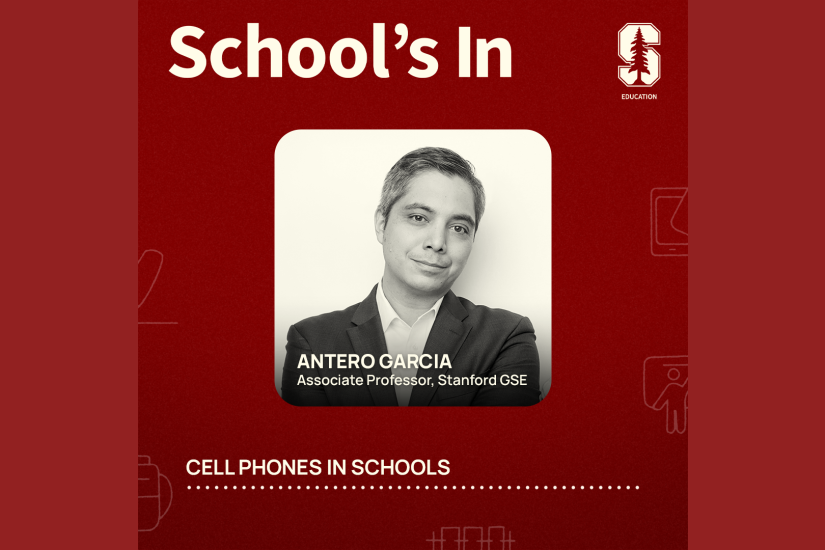
GSE alum Dylan Arena honored for his edtech startup’s innovative tools for parents of preschoolers
Kidaptive Inc., a Mountain View, Calif.-based educational technology company founded by two Stanford University alumni, has received a 2015 Digital Innovation in Learning Award for its thoughtful use of academic research to shape product development.
Dylan Arena, a member of the Class of 2001 who went on to earn his Ph.D. in 2012 from Stanford’s Graduate School of Education, and Pankaj Gunsagar, a 2001 Stanford Law School graduate, will accept the “Research@Work” award during a Nov. 20 gala at Mountain View’s Computer History Museum. The award is one of 16 to be presented that evening by EdSurge, a leading information and resource site for the educational technology community, and Digital Promise, a nonprofit research and education organization authorized by Congress to spur learning innovation.
Arena and Gunsagar say they founded Kidaptive, Inc., in 2012 “to help children around the world – including our own children – get the best possible start on a lifetime of learning.” The company’s products include Leo’s Pad, an award-winning preschool learning app for the iPad; and Learner Mosaic, an iPhone/iPad app that helps parents foster their preschoolers’ development through activity suggestions and conversation starters. The tips are personalized for each child and based on proven research about how children learn.
One of Learner Mosaic’s recommendations, for example, suggests that parents refer to objects by name in conversing with their infants and toddlers, before adding descriptive words. (“Look, that balloon is red,” as opposed to “Look at that red balloon.”) It’s derived from Stanford psychologist Anne Fernald’s pioneering work on language development. Another tip, based on Stanford psychologist Carol Dweck’s research about growth mindsets, suggests that parents praise their children’s efforts rather than any perceived innate qualities. (“You worked hard on that drawing,” rather than “You’re a great artist.”)
Arena says he first saw the need for something like Learner Mosaic six years ago, when he was Stanford doctoral student and a new father. While he was busy reading journal articles about early childhood education, and using the information to enrich playtime with his young son, he noticed that his non-academic parent friends weren’t so lucky. “They wanted to do their best for their children,” he recalls, “but they didn’t know how. They weren’t in a position where they could digest the research literature and make use of it.”
The aim of Learner Mosaic, he says, “is to address the gap between educational research and real-world practice.” It was developed by a team of Kidaptive learning scientists, developmental psychologists, psychometricians and educators, who reviewed the academic literature, assessed activities, and crafted simple and engaging language to explain each recommendation to parents.
More than 400 three-minute videos describing cutting-edge products and practices were submitted for consideration in this year’s Digital Innovation in Learning Awards contest. To see Kidaptive Inc.’s winning video entry, as well as those of the 15 other honorees, go to http://dilas.org/winners
Theresa Johnston is a writer who contributes frequently to Stanford Graduate School of Education websites and other publications.



